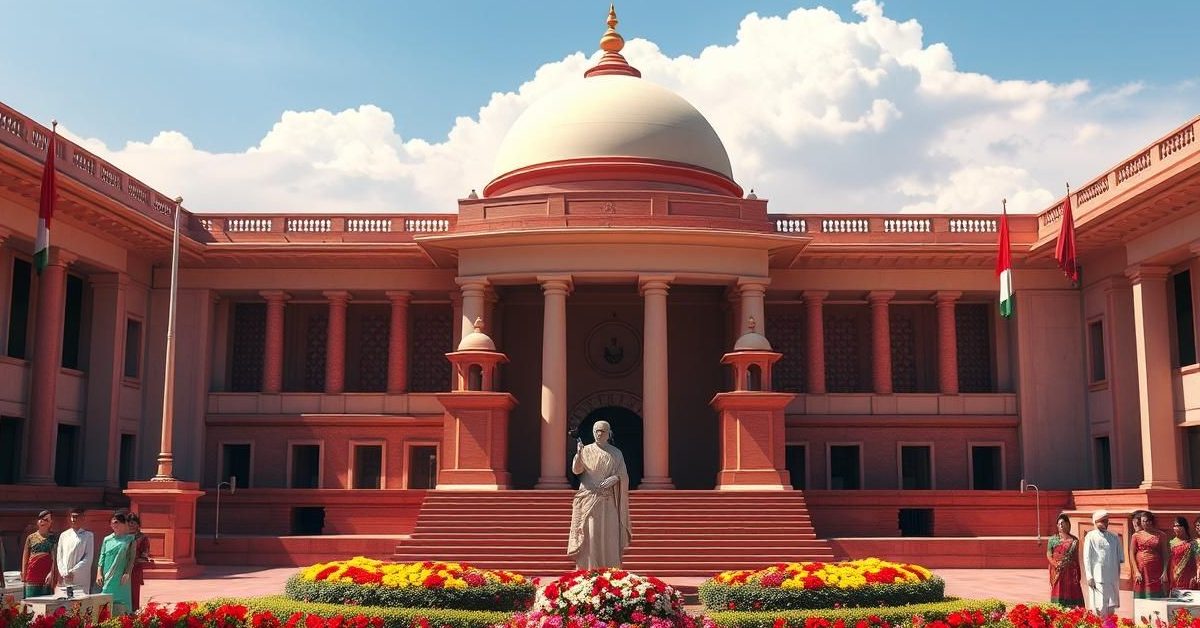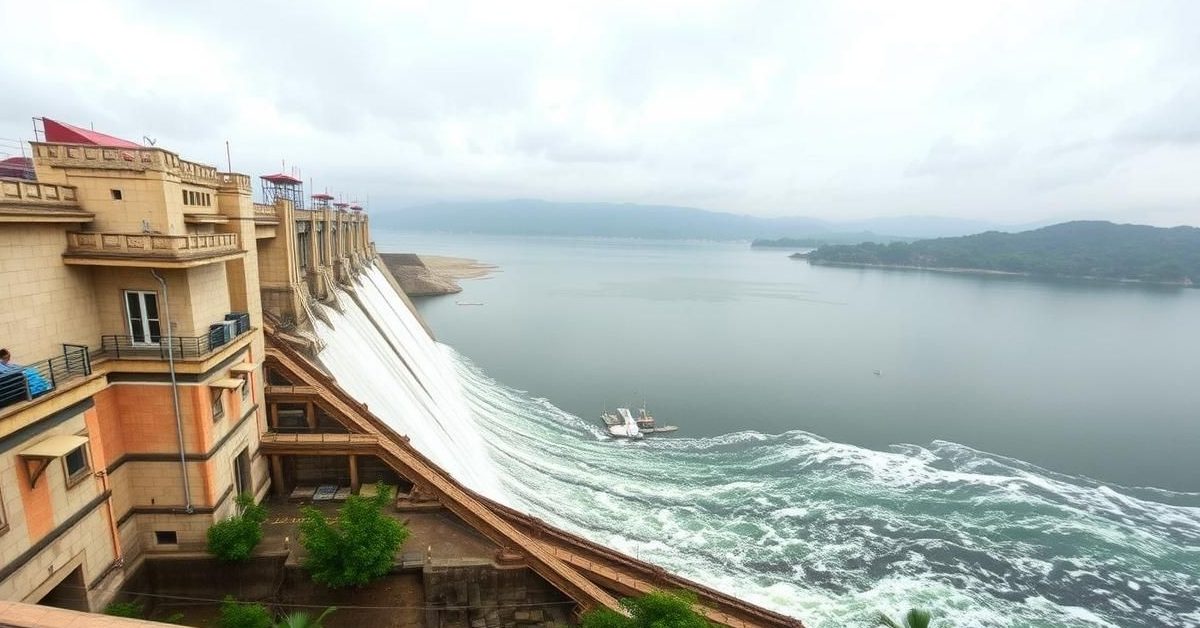India’s Vice President Jagdeep Dhankhar recently resigned mid-term citing health reasons, while the Supreme Court made strong observations regarding the Enforcement Directorate and upheld property rights for tribal women.
Vice President’s Surprise Resignation
India’s Vice President, Jagdeep Dhankhar, unexpectedly stepped down from his role with two years remaining in his five-year tenure. His resignation, effective immediately, was sent to President Droupadi Murmu and cited health concerns. This marks only the third time in India’s history that a Vice President has resigned before completing their full term.
With the Vice President also serving as the ex-officio Chairman of the Rajya Sabha, the Deputy Chairman, currently Harivansh Narayan Singh, will oversee the House in his absence. The Constitution doesn’t provide for an acting Vice President. For the upcoming election to fill the vacancy, there’s no fixed deadline, but it must be held “as soon as possible.” The newly elected Vice President will serve a full five-year term, not just the remainder of Dhankhar’s tenure.
Supreme Court’s Stance on Enforcement Directorate
The Supreme Court recently issued sharp remarks concerning the actions of the Enforcement Directorate (ED), cautioning the agency against being used for political battles. The court indicated that ED officers were “crossing all limits.” This came during discussions on summons issued to Karnataka CM’s wife and a minister, and notices to senior advocates.
Solicitor General Tushar Mehta argued against a “concerted effort to create a narrative against an institution.” However, the Chief Justice of India reiterated that political battles should be fought before the electorate, not in court. The ED, established in 1956, enforces key financial laws like the Prevention of Money Laundering Act (PMLA) and the Foreign Exchange Management Act (FEMA).
Motion to Impeach a High Court Judge
A significant number of Members of Parliament from both Lok Sabha and Rajya Sabha have submitted notices to initiate a motion for the removal of Delhi High Court Justice Yashwant Varma, who is currently posted at Allahabad HC. The move follows allegations that currency notes were found at his official residence after a fire.
The procedure for removing a judge requires a motion to be signed by at least 100 Lok Sabha members or 50 Rajya Sabha members. If accepted by the presiding officer, a three-member committee—comprising two judges and a distinguished jurist—is formed to investigate the complaint. A judge can only be removed on grounds of “proved misbehaviour” or “incapacity,” a process detailed in the Judges Inquiry Act, 1968.
Landmark Property Rights for Tribal Women
In a significant ruling, the Supreme Court affirmed that women from tribal communities hold an equal right to their family’s ancestral property. The court overturned a Chhattisgarh High Court order that had previously denied inheritance rights based on the absence of specific customary law. The Supreme Court emphasized that customary laws “cannot remain stuck in time” and cannot be used to “deprive others of their right,” reinforcing the principle of equality under Article 14 of the Constitution.
This ruling is a crucial step towards gender justice within tribal communities, highlighting the need to balance tribal autonomy with constitutional values that ensure no discrimination against women. The Hindu Succession Act, which typically governs inheritance, does not apply to Scheduled Tribes, making such judicial interventions vital.
Ongoing Review of Keezhadi Excavations
The Archaeological Survey of India (ASI) confirmed that the report on the Keezhadi excavations in Tamil Nadu is currently under review. While no “revised report” has been requested, experts suggest changes to the timeframes for the three periods mentioned in the initial report. The Culture Minister stated that the 8th-5th century BCE dating for Period 1 was “not justified,” suggesting it might originate closer to pre-300 BC.
The Keezhadi site, located near Madurai, has unearthed evidence of a sophisticated urban society dating back to the Sangam era, including brick structures and graffiti-marked pottery. These findings are crucial for understanding early urbanisation in South India and its connection to ancient Tamil literature.
- Vice President Jagdeep Dhankhar resigned mid-term, triggering a new election for a full five-year term.
- The Supreme Court warned the Enforcement Directorate against political misuse, stressing accountability.
- An impeachment motion has been initiated against a High Court judge over serious allegations.
- The Supreme Court upheld equal ancestral property rights for tribal women, overriding customary laws that deny them.
- The dating of the ancient Keezhadi excavations is under review, impacting understanding of early South Indian history.
These developments underscore the dynamic interplay between India’s constitutional framework, judicial pronouncements, and ongoing societal and historical re-evaluations.















